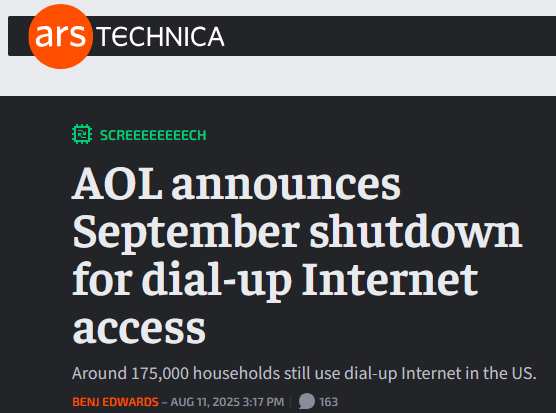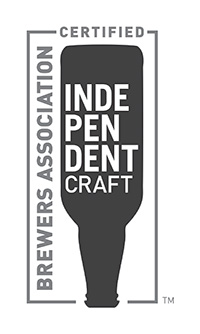An Ankoù
Well-Known Member
Thought I'd go back to the original post to remind myself what it is no one wants to say.Craft beer is declining. Homebrewing is dying. The macros are gaining market share while small breweries are closing. Everytime someone brings this up, there's alwasy somebody around to point out that this isn't true. But when compared to it's heyday, craft is on a major decline.
In my area, three micros closed their doors in the last year and the two closest to me are hurting and have too much debt. The largest homebrew shop near me has closed after 20 years of service at that location and another big one only opens once a week and has been sold and moved to another area.
The kids aren't drinking as much, the adults are sick of weird beers and are going back to BMC and the only thing on the shelves is an endless selection of terrible IPAs.
I don't care if this gets heat, I know a lot of people don't like to talk about it, but when an industry that was started by your local HBS largely only exists online, it's bad. There are any factors, but I think the major one is that most micros simply don't make good beer. It was enough when the market was growing and people were experimenting and willing to try anything, but these days, your roasted coffee oatmeal sour milk stout isn't going to pay the bills. I think a lot of people are being alienated by brewers with an endless appetite for innovation and wonky creativity and almost no regards for traditional processes, balance and quality control. I went on a mini beer pilgrimage not too long ago and of about 15 different styles of beer I drank, I remember only 3 or 4 that were well balanced, well elaborated and didn't suffer from some sort of defect. Unfortunately, I don't think this is going to change any time soon when brewers seem to take more pride in pushing every convention to it's limit more than they take pride in selling a second serving of the same beer.
Anyway, rant over. I'll go back into hiding for now.
If I read it aright, there's a, big, lumpy paradox here: the O P says most commercial beer is cräp, while at the same time home brewing is declining.
Is it really? Does the closure of HBSs indicate a decline in home brewing or is it just a parallel to bookshops closing due to the likes of Amazon?
Im not denying that homebrewing is in decline, just wondering if it's really the case.















































![Craft A Brew - Safale S-04 Dry Yeast - Fermentis - English Ale Dry Yeast - For English and American Ales and Hard Apple Ciders - Ingredients for Home Brewing - Beer Making Supplies - [1 Pack]](https://m.media-amazon.com/images/I/41fVGNh6JfL._SL500_.jpg)











